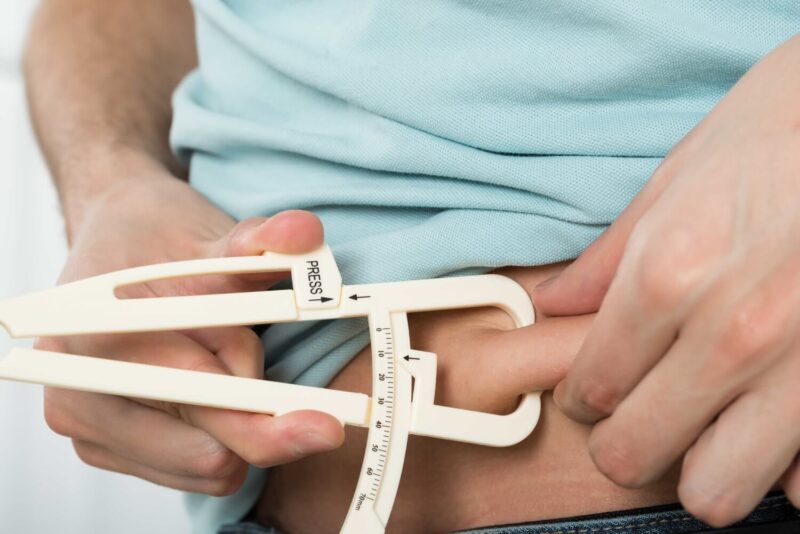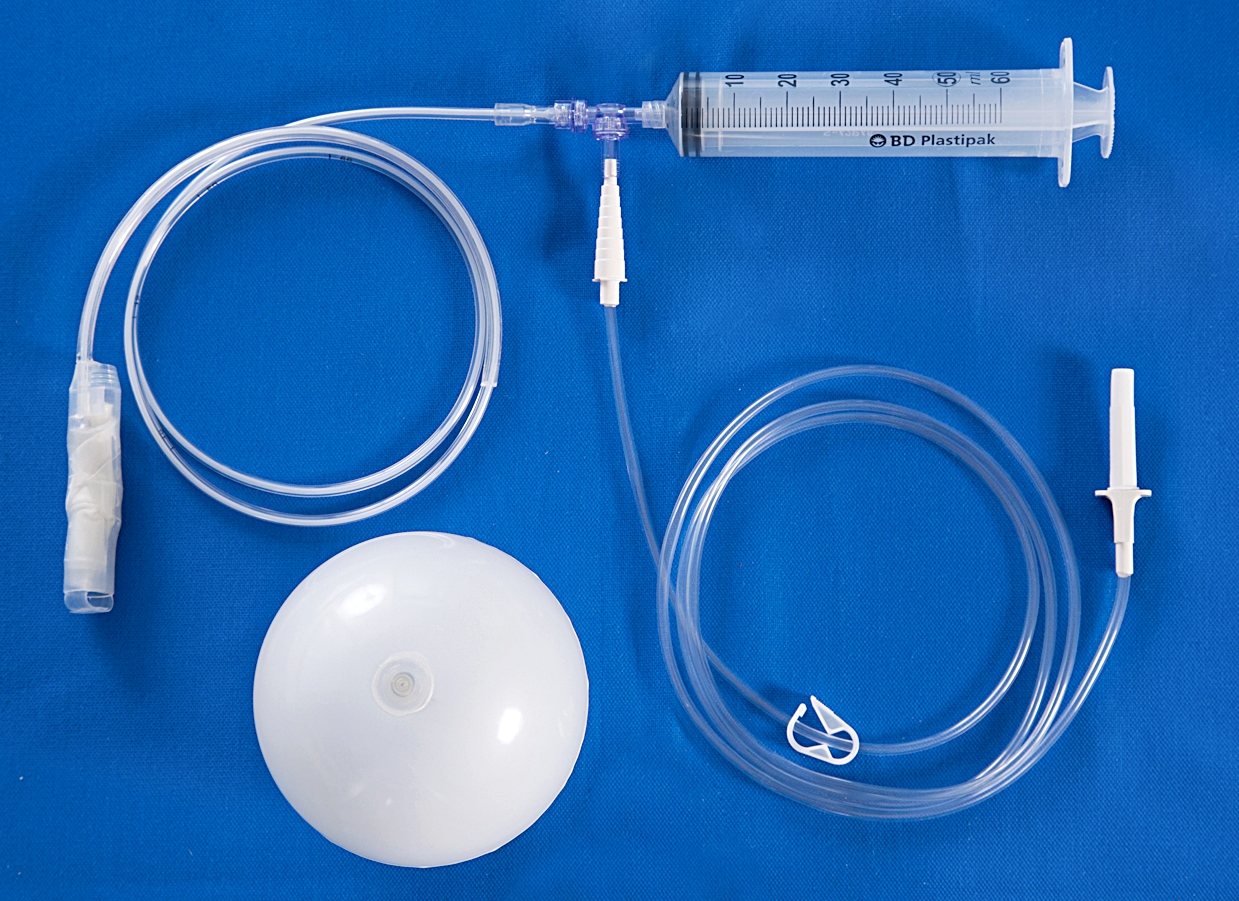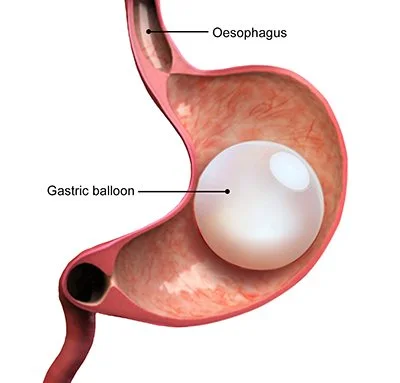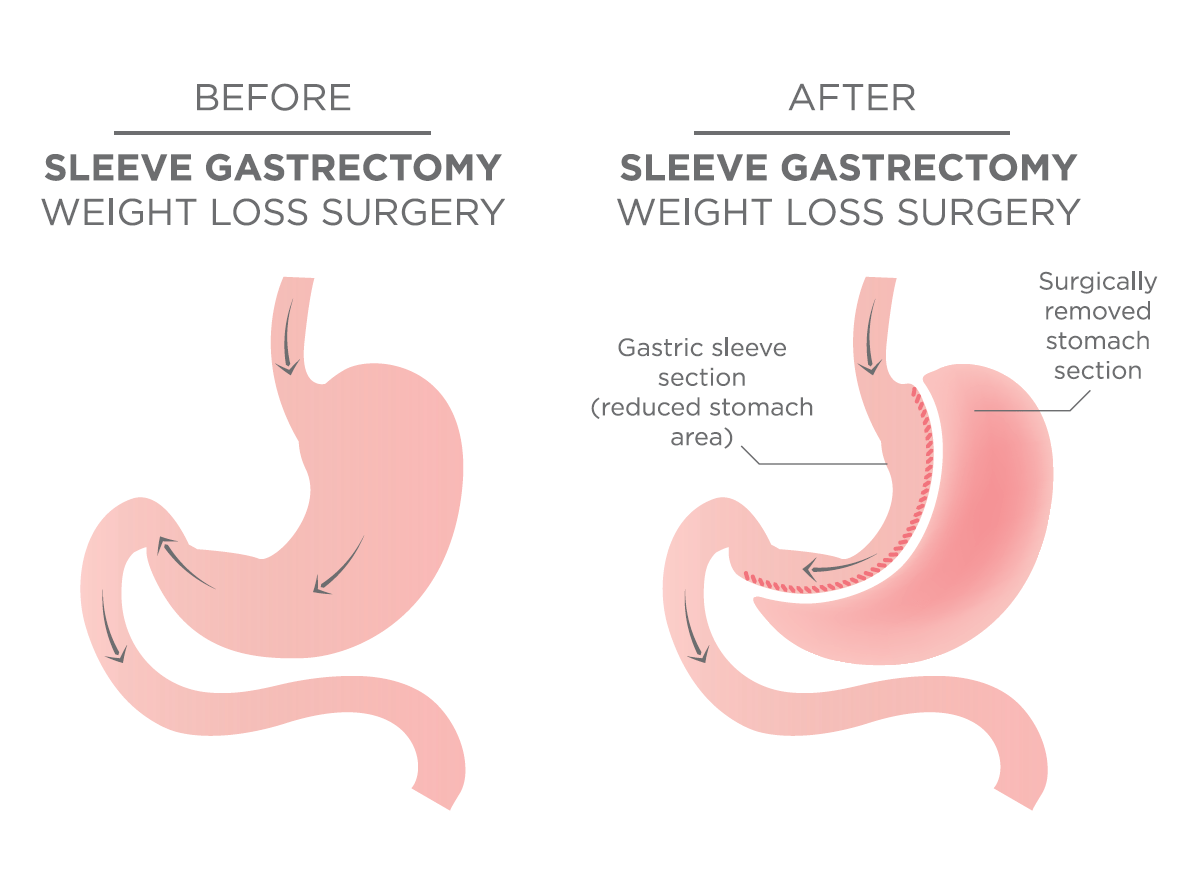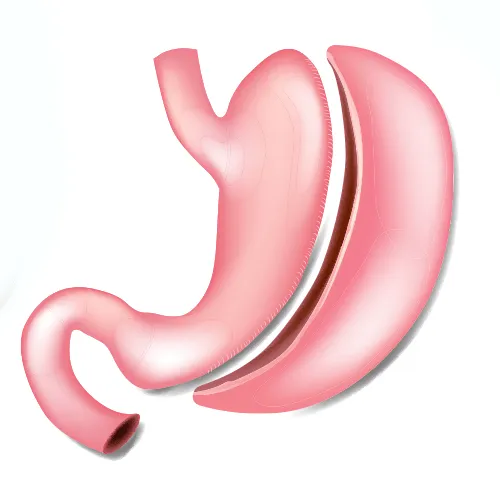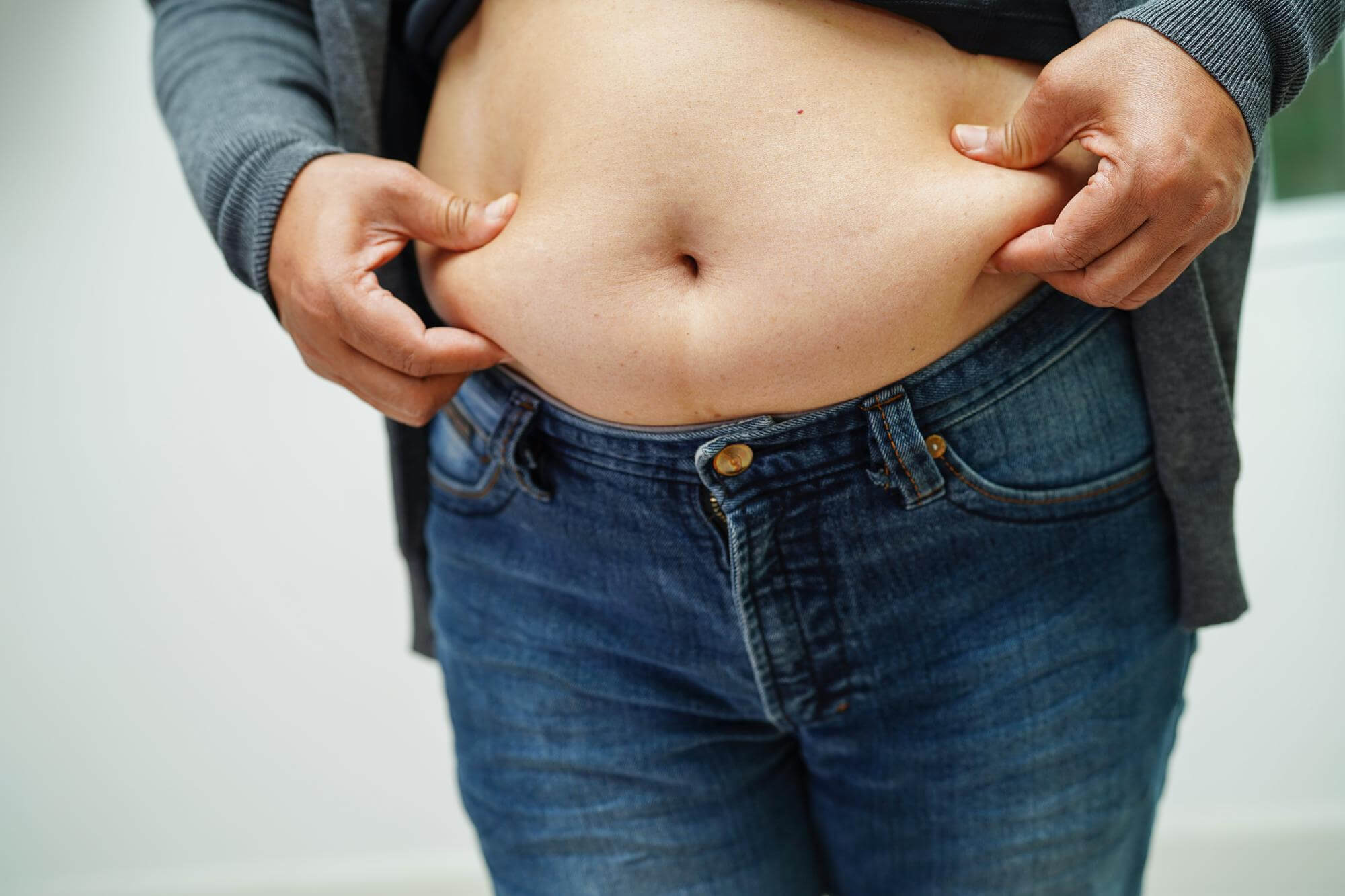What not to Do After a Bariatric Surgery!
The stomach reduction represents a completely new phase of life for the patients. Thanks to this obesity surgery, it is possible to lose weight in a controlled manner, to gain a new attitude towards life and to prepare a healthy future without restrictions. However, anyone who has had the operation must follow a few special dietary rules. They are important so that the stomach reduction can be a great success and also deliver the desired weight loss in long term.
What and How to Eat After Obesity Surgery in Turkey
There are three phases that need to be followed after bariatric surgeries. These phases help the body get a gradually increasing food intake.
The first phase is the so-called liquid phase. In the liquid phase, only liquid food is to be taken during 2 weeks after the operation. Still water, herbal teas, lactose free milk, soups, liquidized yoghurt, and similar things are on the menu. Carbonic acid, sugar and caffeine should be avoided. As a rule, the feeling of satiety occurs after just a few sips or tablespoons.
The second phase is the puree phase. It begins on the third week and boiled and blended food are allowed to be eaten. This includes, for example, eggs, fish and chicken products, vegetables, fruit, and dairy products all blended.
The third phase is the soft food phase. It applies on the fifth and sixth weeks. In this phase, food that can be considered as soft are allowed to be eaten. Food that can be mashed easily with a fork can be eaten during this phase.
It is important that after a stomach reduction, everything is chewed very thoroughly, that you eat slowly and that you always check how the food is digested.
After six weeks later than the surgery food intake now is switched from the light full diet to long-term nutrition. This starts about right after the third phase and this referred to as the transition phase.
The same applies here: eat small amounts, eat slowly and chew well. During the transition phase, you can eat all foods that you normally want to eat. It is important to build up long-term nutrition.
You should avoid unnecessary sugar, unhealthy fats and calories that have no added value. Small portions up to a maximum of 150 grams are recommended. Also in the context of long-term nutrition, care should be taken to ensure that the portions do not become too large. The stomach can expand again and the yo-yo effect sets in. Therefore, always keep the portions as small as possible and pay attention to the feeling of satiety. Then there will be a great long-term effect from the stomach reduction.
What Else to Keep in Mind After an Obesity Surgery?
After a bariatric surgery in Turkey, the body has to recover. It is a major intervention that, in addition to physical innovations, also has a major psychological effect. If necessary, it is therefore worth talking to a psychiatrist about the stomach reduction, the weight loss and the reasons for the former overweight. The better you are prepared for the new phase of life, the more intensely it can be enjoyed and the more stable it is in its longevity.

